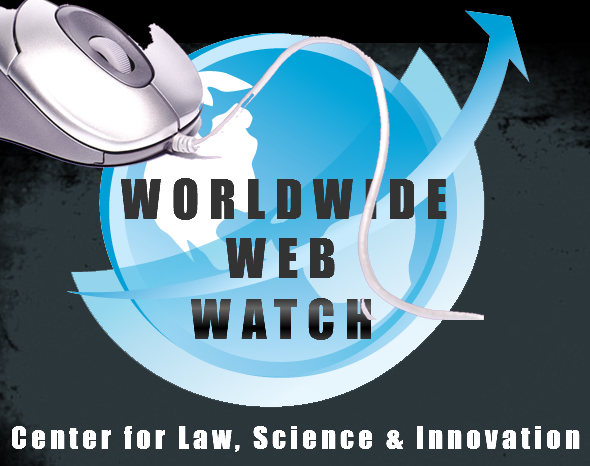Menu
Visit our website
Disclaimer
Statements posted on this blog represent the views of individual authors and do not necessarily represent the views of the Center for Law Science & Innovation (which does not take positions on policy issues) or of the Sandra Day O'Connor College of Law or Arizona State University.
















